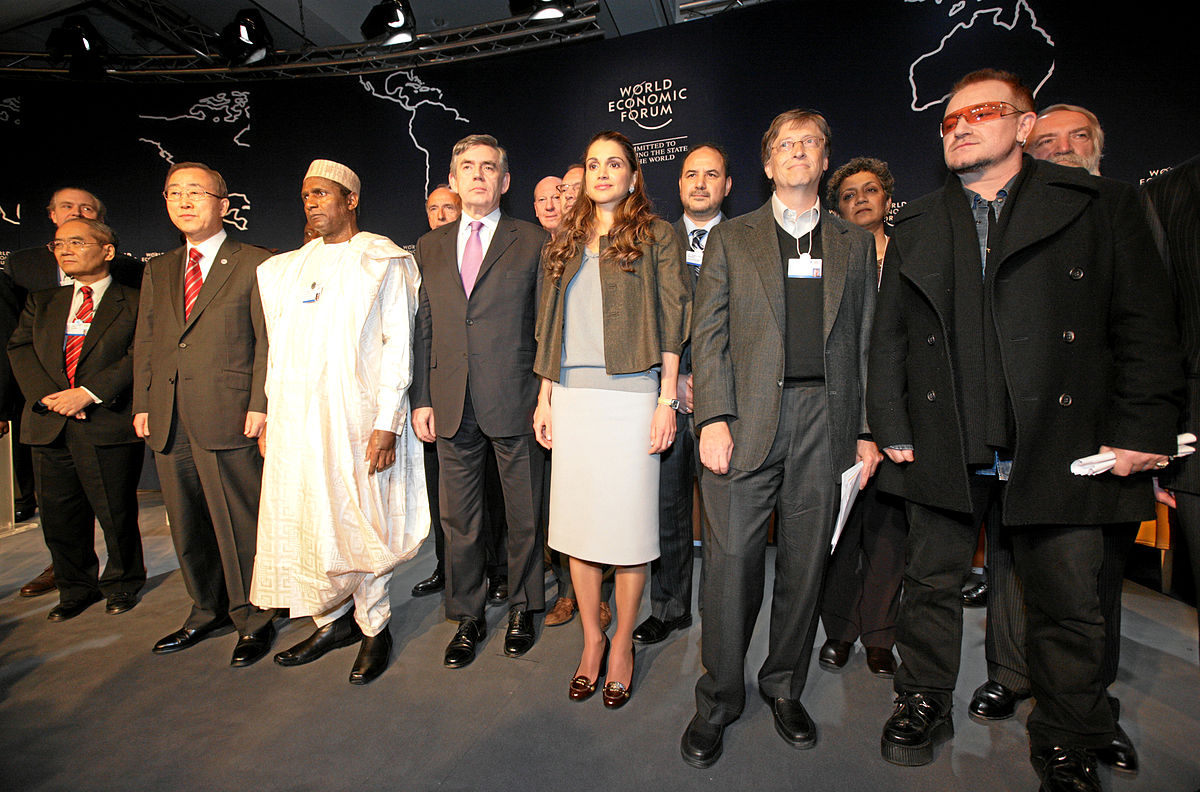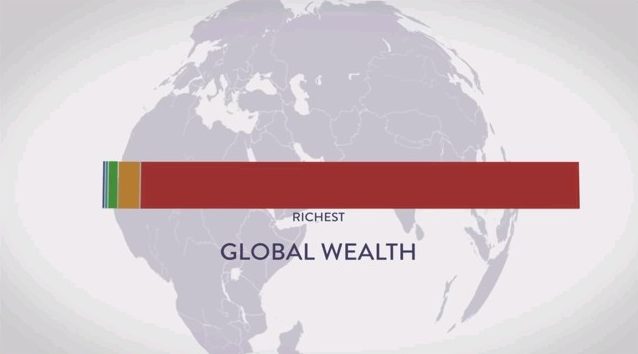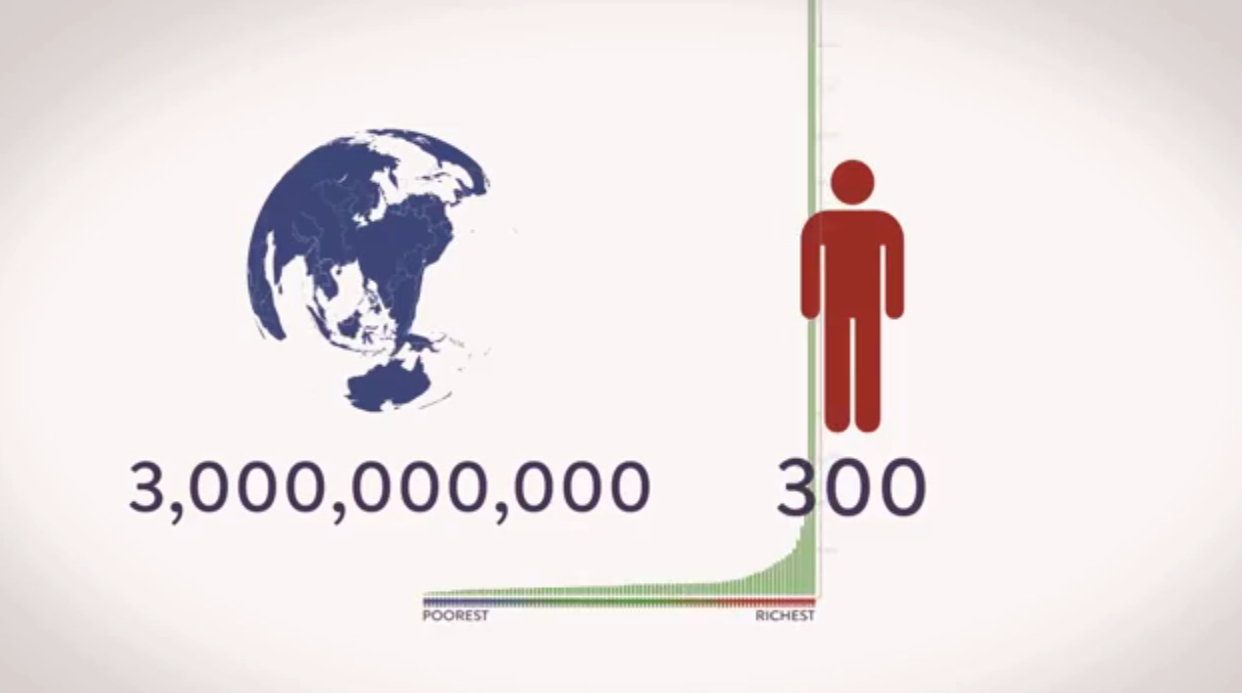
This article was originally published on www.thomaspichon.com
On the bus to Kashmir, Ruth and I met Henry, a young and smart Australian guy who’s going to give a hand on an interesting project dealing with localized #economics in Northern India. He’ll volunteer at an initiative that aims at helping local communities maintain their culture and sustainable living they had for centuries. We had a pretty interesting conversation about #globalization, which reminded me about some basics that most of us tend to forget when talking about social and economic “development”.
1. The crisis we face is systemic
The world is facing several crises: economic, environmental and social. We tend to look at these issues individually and believe we can find answers to each problem independently. We tend to believe that innovative #solutions – be it the latest car engine that limits CO2 emissions or a promising law that restricts tax evasion – will help us fix our environmental and social issues. Although I definitely encourage these changes, I’m convinced that we are only putting patches on our problems, we are still over-focusing on the symptoms and definitely not putting enough energy at working on the cause of our crises.
We have to step back and #change the way we see these global issues. We must look at the problems as a whole: all the issues that we struggle at solving are interconnected. It means that it is hard for example to deal with the environmental crisis without having a look at our economic activities. Because our monetary system rewards individual profit, issues such as poaching are peaking, we keep polluting our air and rivers even if know our actions are deadly wrong, the Amazon rainforest has lost 20% of its surface since 1970 because we need its land to keep up with production and wildlife population has declined by 52% during the last 40 years. This economic system is also the reason why the 85 richest people are as wealthy as poorest half of the world, that there are more homeless people than ever in Paris and that our society has become more individualistic and mistrust is now the norm, that we fail at stopping crimes and corruption.
2. Economic localization is the answer, not socialism nor capitalism
Media over-focus on politics, so we tend to think that changing the way our country is governed could solve many of our problems. We often hear about left wing parties strongly criticizing the program run by a right wing party, and vice versa. There is not much to learn from these debates as we are still looking at the same face of the coin. Right or left, the conversation only focuses on how to run the nation. We forget to step back – seeing that our debt-based monetary system controls the world much more than politics – and miss the opportunities to look for out-of-the-box solutions. Thankfully, the world is not doomed and there are innovative ways to live as a society and greater systems to meet our needs.
One of the answers – in which Henry, Ruth and I strongly believe – is economic localization, a concept sometimes also called #community-based economy. There is urgency to counterbalance the global consumer culture with locally-based alternatives. In other words, it means working back in human scale organizations at the local level to solve our problems and meet our needs. For example, it doesn’t make sense for ecological and social reasons to import goods from another continent while the same products could be produced locally, even if traditional economic thought wants us to make a different conclusion. It is illogical either to expect far-away governments or international institutions to provide relevant solutions to our local issues. Localized economies imply to recreate a sense of community – to strengthen the social ties among people living in the same area – and working together on our challenges. Solutions provided can vary from farmer markets and community garden initiatives to green energy cooperatives, local currency projects and the preservation of local knowledge. Locally based alternatives mean finding again a sense of local identity, trust, sharing and resilience that has been lost since the rise of globalized economics. Projects such as the Transition Towns or Local Futures movements are doing a great job at raising awareness and promoting solutions that local populations can harness to initiate the change in their community.
Please spread the word within your network about the systemic dimension of our crisis as well as the development of locally based alternatives. For some of you, the main message shared in this article is obvious, but still, we shouldn’t forget that a large part of the population on this planet isn’t aware of these two aspects of society development. Share this article if you believe it can be useful to others.
If you want to dig on these topics more, please download our book Creating Our (R)Evolution. It’s available of free access as we have opted for a voluntary-payment model. Looking forward to seeing you as one of our readers.









Leave a Comment